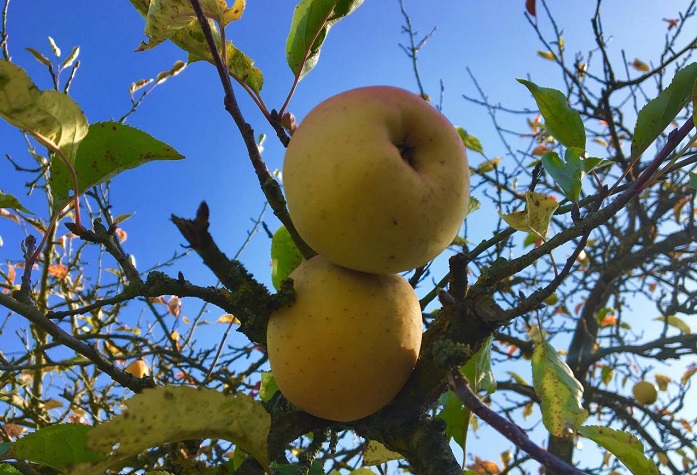
spiritsEUROPE was extremely grateful that MEPs in the European Parliament's ENVI committee recently supported so many helpful amendments to the proposed new spirit drinks regulation. The changes will make a real difference and result in an improved set of rules for the sector. It was not unalloyed good news, however, in that the commitee also supported some innovations which seem likely to cause difficulties.
The principal area of concern is the proposal that residue alcohol, which comes from the production of non-alcoholic beer, should be permitted in the spirit sector. Spirits, however, are allowed only to use agricultural raw materials and indeed the regulation has an agriculture legal base, something spirits producers value and support. Using beer alcohol would undermine the close links between agriculture and spirits. As the beer alcohol is a leftover from an industrial process, it clearly is very far from being an agricultural raw material. This alcohol is currently sold for industrial and other uses without any difficulty. There is no need for it to be allowed in the spirit sector; spirit producers do not support its use.
Elsewhere, it was also regrettable that the committee maintained the proposed new provision to allow protected spirits names to describe artificial and imitation flavours. If consumers see a product described as 'marmalade with brandy' or 'whisky-fudge', they would be entitled to believe that the product had been made using the named spirit. That would be entirely in keeping with the food labelling regulation's requirement that labels must not deceive consumers. Moreover, as the proposed new provision has no limits, it would mean names such as whisky and vodka could be used on foodstuffs sold to children. That would be entirely unwelcome; it would undermine the spirit sector and the geographical indications which are known around the world.
The plenary vote in Parliament is on 1 March and we will look forward to continuing the dialogue with MEPs. Naturally we hope that the plenary vote will preserve their excellent work on many aspects of the new regulation and bring improvements in other areas. At the same time, the spirit sector is also liaising with Member States and the Commission as preparations continue on an EU Council position. As with Parliament, Member States have made substantial improvements as the draft dossier has evolved, but there are also remain a number of problematic elements on which discussions continue.